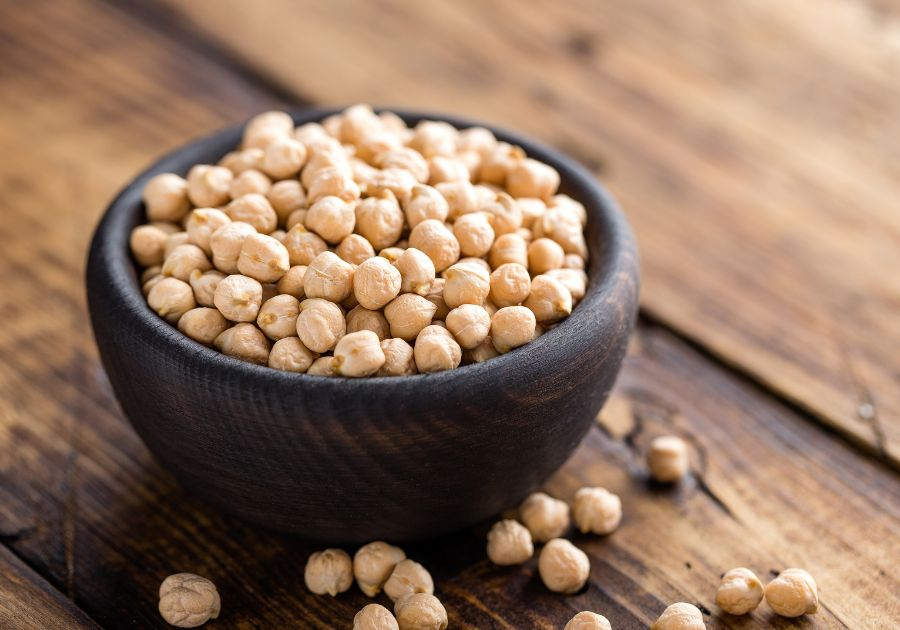Chronic fatigue syndrome (CFS) has long been challenging to understand for many medical professionals. The condition is marked by a constant feeling of fatigue that no amount of sleep remedies are capable of curing.
There are no known triggers or causes, and diagnosing it requires a number of tests. At least, that was the case until recently.
Studies have found that there are markers in gut bacteria that are associated with this condition. While research continues, this new information points at improved gut health as a factor in reducing chronic fatigue syndrome.
Chronic fatigue syndrome is a complicated condition. The extreme fatigue experienced seems to have no underlying cause, which is why many medical professionals think it is a psychological problem rather than a physical one.
The fatigue felt is both physical and mental, and no amount of sleep improves it. The most common complaints include:
♦ Loss of concentration
♦ Sore throat
♦ Unexplained muscle or joint pain
♦ Constantly feeling tired
♦ Headaches
♦ Enlarged lymph nodes

With so many physical symptoms, it seems possible that chronic fatigue syndrome is a real condition. Interestingly, the symptoms all have a common underlying factor — inflammation.
The inflammatory response is released by your immune system, and since your lymph nodes are also part of that system, it makes sense that they become overworked and enlarged. The physical pain of headaches and joint pain are also caused or exacerbated by inflammatory chemicals.
There are certain factors that are believed to increase your risk of chronic fatigue. Hormonal imbalances have been thought to affect fatigue levels, and studies have found abnormal hormone presence in cases of chronic fatigue.
Stress is also a risk factor because excessive production of stress hormones is known to trigger inflammation. Immune system dysfunction is also a risk factor, as those with impaired or weakened immunity seem to experience fatigue more chronically.
There are a number of theories as to what contributes to this condition, but until recently, it has been a cause for debate. It now seems that certain bacteria play a role in chronic fatigue. The health of your gut can influence inflammation in your body, which directly impacts energy levels and fatigue.
Studies have recently found that certain biomarkers in gut bacteria trigger inflammation that can cause chronic fatigue. A significant discovery was made after looking at the gut bacterial composition of healthy individuals and those with chronic fatigue.
The bacterial microbiome in those with chronic fatigue was significantly different. This could be an explanation for inflammatory distress in the intestines and excessive fatigue.
The bacterial microbiome in those with chronic fatigue was significantly different. This could be an explanation for inflammatory distress in the intestines and excessive fatigue. Discovering that certain bacteria present at the same time as chronic fatigue indicates that the condition is not just in our heads.
Identifying a gut bacterial link to fatigue allows scientists to develop possible treatments to reduce fatigue. Changes in diet and the addition of both probiotics and prebiotics could encourage the growth of beneficial bacteria to promote a healthy microbiome balance.

An imbalanced gut causes damage to the lining of the intestinal walls. When the walls are damaged, intestinal permeability increases, which means particles can pass through to the blood more readily.
These particles travel through the blood, triggering immune system responses. Chronic inflammation is a drain on your body as your immune system fights itself, and fatigue is the result.
As these studies have shown, balancing gut bacteria to fortify gut lining integrity may play an important role in the reduction of CFS. Probiotic supplements can bolster your efforts to help get your gut back on track.
Outside of probiotic supplements, there are additional natural therapies you can try.
1. Get Restful Sleep
Sleep doesn’t always help chronic fatigue, but it certainly will help reduce any daily tiredness. If you have trouble sleeping, try taking a bath before bed or taking an herbal supplement, like valerian, to promote sleep.

2. Eat More Greens
Green vegetables are full of powerful plant compounds that can help reduce inflammation and support immune system function. In doing so, those with chronic fatigue will have reduced pain and reduced tiredness.
The antioxidant content of all plant foods is beneficial to your overall health and combats many conditions that could be contributing to your fatigue. In general, eating a more balanced diet full of nutrient-dense foods will benefit this condition.
3. Licorice
Often individuals with CFS have lower blood pressure levels, contributing to feeling tired. Licorice extract contains anti-inflammatory compounds that increase the sodium levels in your blood, elevating blood pressure.
As oxygen travels more efficiently by way of higher blood pressure, energy levels can be increased.
4. Ginkgo
This herb is known for its ability to increase blood flow to the brain. When this happens, alertness is enhanced, and concentration is improved. Because chronic fatigue can contribute to mental fog and lack of concentration, this herb is a natural way to stay on top of things.
5. Coenzyme Q10
People with chronic fatigue often have lower levels of ATP, the compound that provides energy to your cells. When these levels drop, your cells lack energy, which means you lack energy.

Coenzyme Q10 helps your body produce more ATP and can boost your immune system. The combined effects of this supplement mean you will have more energy and better control over inflammation.
By promoting gut health and reducing inflammation, you can strengthen and heal your gut wall. Probiotics, and other gut health supplements, can promote your natural defenses to support intestinal health.
When your gut is happy and functioning correctly, you feel better as a result of more efficient nutrient absorption. And there is no longer a drain on your body from unnecessary inflammation. Improving your gut barrier could be an important part of combating chronic fatigue syndrome.































































